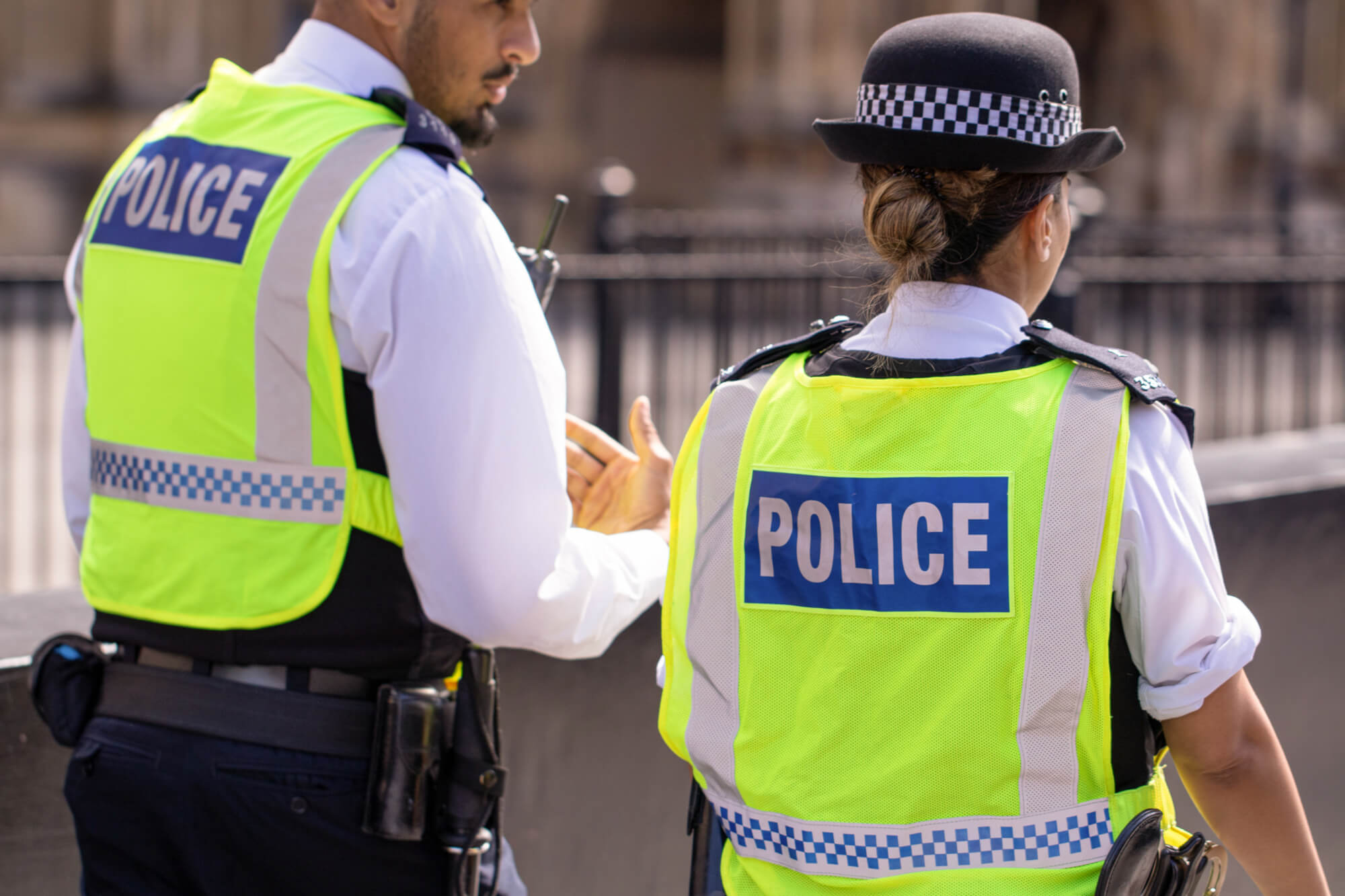Strengthening Safeguards for Vulnerable Individuals in Police Searches

HM Government, in its commitment to balance public safety with individual rights, has initiated a consultation to enhance safeguards for children and vulnerable individuals in strip searches.
This consultation of changes to the Police and Criminal Evidence Act 1984 Codes of Practice A and C, known as PACE, aims to improve existing procedures while respecting law enforcement's needs.
Strip searches, especially those involving the exposure of intimate parts, are among the most intrusive powers used by law enforcement. While these powers are necessary to prevent harm and effectively investigate crimes, such searches must be conducted with utmost respect for individual dignity, fairness, and without bias.
Past events indicate that more guidance is needed to achieve this. For example, in March 2023, a report by Children’s Commissioner revealed that 2,847 children were strip-searched in England and Wales between 2018 and mid-2022. Some of these searches were conducted in police vans, schools, and fast-food outlets.
The aftermath of the Child Q scandal also shed light on the issue. Four police officers are being investigated for gross misconduct after a 15-year-old was strip-searched while at school in east London.
One of the key elements of PACE for schools to be most aware of is the role of the Appropriate Adult. In law, an ‘Appropriate Adult’ is a parent, guardian, or social worker; or if no person matching this is available, any responsible person over 18. The term was introduced as part of the policing reforms in the Police and Criminal Evidence Act (PACE) 1984 and applies in England and Wales.
The role of the Appropriate Adult is to safeguard the interests, rights, entitlements, and welfare of children and vulnerable people suspected of a criminal offence, by ensuring that they are treated fairly and justly and can participate effectively. This role is essential because it provides a crucial layer of protection for vulnerable individuals who may not fully understand the legal processes or their rights. An Appropriate Adult helps to prevent miscarriages of justice and ensures that the treatment of these individuals is consistent with their legal and human rights, thus upholding the integrity of the criminal justice system. There is no proposed change to this role in the following proposals.
Overview of Proposed Changes
The key revisions proposed in the consultation include:
PACE Code A
- Authorisation Protocol:
- Any search of a child or vulnerable person involving the exposure of intimate parts conducted under stop and search powers must be authorised by an officer of at least the rank of Inspector.
- Procedural Replication:
- Relevant provisions from Code C are replicated into Code A to ensure self-contained provisions on EIP searches in Code A.
PACE Code C
- Consultation Requirements:
- A new requirement is introduced for police custody officers to consult an officer of at least the rank of inspector before conducting an EIP (exposure of intimate parts) search of a child or vulnerable person in custody.
- Treatment of Minors:
- Clarity is provided that individuals suspected to be under 18 shall be treated as children unless clear evidence dispels that suspicion.
- Parent/Guardian Notification:
- A requirement is introduced to promptly notify a parent/guardian of the search and its outcome, particularly in cases of EIP strip searches, emphasising prioritising notification before the search if practicable.
- Trauma Considerations:
- Additional emphasis is placed on the potentially traumatic impact of strip searches on children, emphasising the duty to prioritise the child's dignity, rights, and welfare and to consider their preferences regarding the search location and notification of a parent or guardian.
- Higher Authority Notification:
- A requirement is introduced to notify an officer of at least superintendent rank following any urgent strip search of a child or vulnerable adult where no appropriate adult was present.
- Safeguarding Referrals:
- It is mandated that a safeguarding referral be made whenever an EIP search or intimate search of a child takes place.
- Gender Considerations:
- Clarifications are made regarding the presence of appropriate adults of the opposite sex during strip searches, emphasising the importance of detainee agreement.
- Outer Clothing Removal Protocol:
- Adherence to appropriate provisions in Annex A is required when more than outer clothing is removed from a detainee in custody due to welfare concerns or other reasons.
Conclusion
The consultation on revising PACE Codes A and C represents a proactive step towards refining police procedures to better align with principles of fairness, dignity, and respect for individual rights. As stakeholders and practitioners engage with the proposed changes, the overarching goal remains the preservation of public safety while upholding the fundamental rights and welfare of all individuals, particularly the most vulnerable members of society.
This statutory consultation is circulated in accordance with section 67(4) of PACE and responses should be sent to pacereview@homeoffice.gov.uk by 11:59 pm on June 10, 2024.
SSS Learning Safeguarding Director
28 May 2024